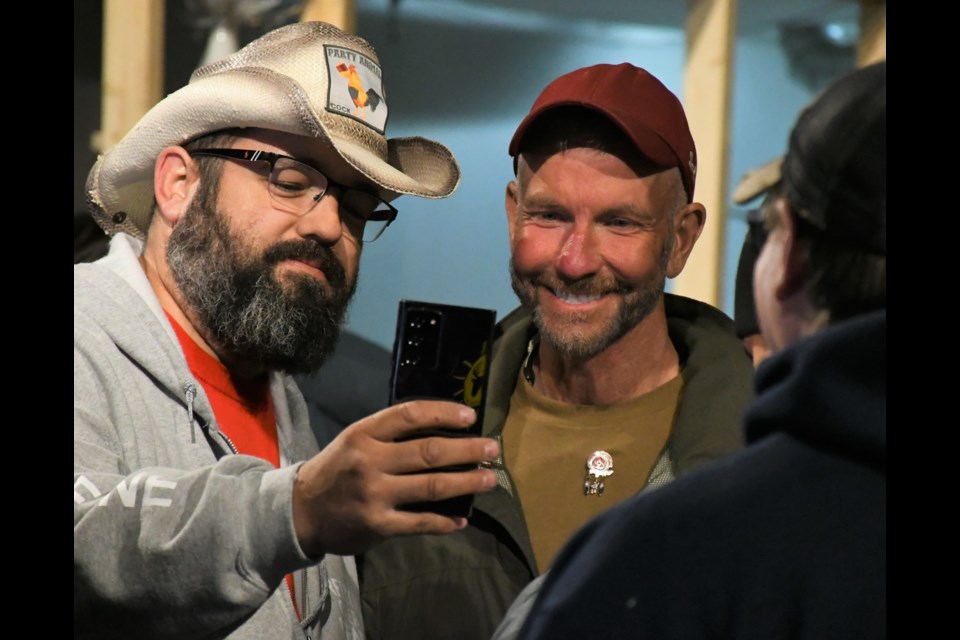OTTAWA — The Canadian soldier charged with speaking against federal vaccine mandates while wearing his uniform and who recently led a march to Ottawa, meeting with Saskatchewan supporters on the way, is now facing a court martial.
Warrant Officer James Topp's lawyer says the army reservist was recently notified that he will be allowed to have his case heard in a military court instead of by his chain of command.
Phillip Millar says the decision represents a second about-face after the military initially offered his client a court martial, only to rescind the offer and send his case to his unit commanders.
Earlier this year, a crowd of over 100 packed into the main building at Prairie Storm Paintball in Moose Jaw to hear Topp speak. Besides everyday Canadians, there were also representatives from freedom-loving groups in attendance, such as Action4Canada, the Great Canadian Cruise trucker organization, Freedom Chain and Unified Grassroots.
Topp, on April 18, explained that he is a soldier, citizen and Canadian and is marching for everyone.
“The difference between marching and walking is you walk to the store, but you march with a purpose to get something done,” he said to loud cheers.
Topp was a federal employee for nearly three decades, as he served in the regular forces (army) for 28 years until he transitioned to the reserves in 2019 and joined the Royal Canadian Mounted Police.
However, the RCMP put him on leave without pay because he refused to take “a certain procedure” as part of its pandemic mandates. The reserves also released him because he refused to take the COVID-19 vaccine.
“To be released like that was kind of an insult to me,” he said.
Topp was charged in February with two counts of conduct to the prejudice of good order and discipline after publicly criticizing federal vaccine requirements while wearing his uniform.
He later led a months-long march from Vancouver that ended in Ottawa last week and was supported by many of the same organizers as this year's "Freedom Convoy."
Military law experts say the decision to allow a court martial raises the stakes for Topp by increasing the potential penalties should he be found guilty.
Yet they say it also means his trial will receive much more public attention and he will be allowed to have legal representation at trial, which wouldn't have necessarily been the case if he was tried by his commanding officer.
With files from the Canadian Press and from Jason G. Antonio / MooseJawToday.Com.


